Boilers are a vital component of heating systems in homes, businesses, and industrial settings. With so many different types of boilers available, choosing the right one for your needs can be a daunting task. In this article, we will explore the various types of boilers and their features.
Need a new boiler?
What are the different types of boilers?
What is a condensing boiler and how does it differ from a conventional boiler?
A condensing boiler is a highly efficient type of boiler that is designed to extract as much heat as possible from the exhaust gases produced during combustion. It works by condensing the water vapor in the exhaust gases, which releases a large amount of latent heat that would otherwise be wasted. This results in a boiler that is up to 30% more efficient than a conventional boiler.
What is a combi boiler and what are its advantages and disadvantages?
A combi boiler, also known as a combination boiler, is a type of boiler that combines a central heating boiler and a high-efficiency water heater in one compact unit. Its main advantage is that it provides hot water on demand, so you don’t need a separate water tank. However, the flow rate may be lower than with a traditional system, and you may need to wait for hot water if multiple taps are in use.
What is a system boiler and when is it a better choice than a conventional boiler?
A system boiler is a type of boiler that uses a separate hot water cylinder to store hot water for domestic use. It is often a better choice than a conventional boiler if you have a high demand for hot water, as it can supply multiple taps at once. However, it may be more expensive to install and may require more space than a combi boiler.
What is a biomass boiler and how does it work?
A biomass boiler is a type of boiler that uses renewable sources of energy such as wood chips, sawdust, or pellets to heat water. These fuels are burned in a combustion chamber, which heats the water in a heat exchanger. Biomass boilers are environmentally friendly and can be a good option for rural areas.
Get FREE Boiler Quotes
Get FREE Local Boiler Quotes today
Compare The Best Prices
Save Money On Your New Boiler Today!
What is a steam boiler and what applications is it used for?
A steam boiler is a type of boiler that uses steam to heat water. It is commonly used in industrial applications such as power generation, chemical processing, and textile manufacturing. Steam boilers are also used for heating buildings in some cases.
What is a hot water boiler and how does it differ from a steam boiler?
A hot water boiler is a type of boiler that heats water for domestic use. It is used to provide hot water for showers, sinks, and other household appliances. Unlike a steam boiler, it does not use steam to heat the water.
What is a fire tube boiler and how does it work?
A fire tube boiler is a type of boiler that has tubes filled with water that are heated by hot gases from a burner. The heat from the gases is transferred to the water, which creates steam. Fire tube boilers are commonly used in industrial applications such as power generation and chemical processing.
What is a water tube boiler and when is it a better choice than a fire tube boiler?
A water tube boiler is a type of boiler that has tubes filled with water that are heated by hot gases from a burner. The hot gases pass over the tubes, heating the water inside them. Water tube boilers are generally more efficient and are often used in high-pressure applications where a lot of steam is required.
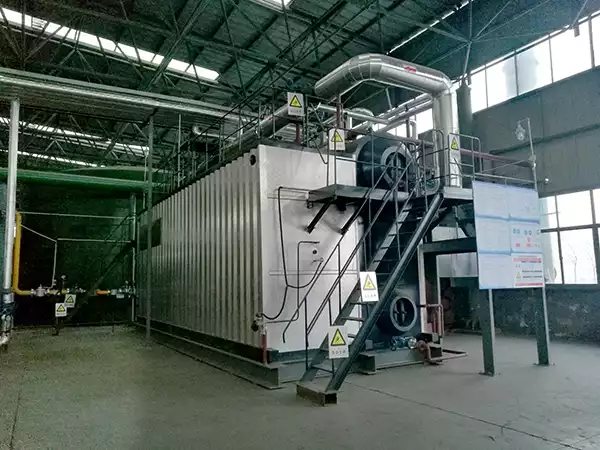
How do I choose the right type of boiler for my home or business?
Choosing the right type of boiler for your home or business can be a daunting task, but here are some factors you should consider to help you make the right decision:
Fuel type: The type of fuel available in your area will be a major factor in determining which type of boiler to choose. If natural gas is available, a gas boiler may be the most cost-effective option. If not, you may need to consider oil, electric, or biomass boilers.
Size: The size of the boiler you need will depend on the size of your home or business and your heating requirements. A professional heating engineer can calculate the right size of boiler for your property based on factors such as the number of rooms, insulation levels, and the number of occupants.
Efficiency: Consider the energy efficiency of the boiler you choose. A higher-efficiency boiler will cost more upfront, but it can save you money in the long run on energy bills. Look for boilers with high AFUE (annual fuel utilization efficiency) ratings.
Budget: Determine your budget for the boiler and installation costs. Different types of boilers have different price ranges, so choose one that fits your budget.
Maintenance: Consider the maintenance and repair requirements of the boiler you choose. Some boilers require more maintenance and repair than others, so choose one that fits your maintenance budget and schedule.
Environmental impact: If you are concerned about the environmental impact of your boiler, consider a biomass or condensing boiler. They are more environmentally friendly and can help reduce your carbon footprint.
It’s important to consult with a qualified heating engineer to help you choose the right type of boiler for your specific needs and circumstances.

Looking for boilers with sophisticated manufacturing, great quality?
Fangkuai boiler can always provide what you want.
Conclusion
In conclusion, there are various types of boilers available, each with its own set of advantages and disadvantages. Choosing the right type of boiler for your needs will depend on factors such as the size of your building, hot water demand, and fuel availability. Consider your options carefully and seek the advice of a professional to ensure you choose the right boiler for your needs.
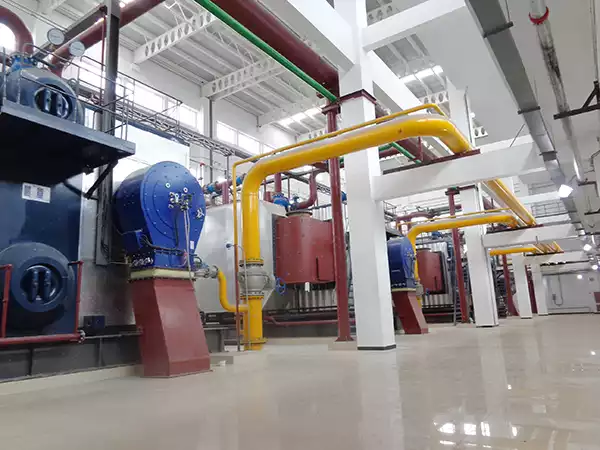
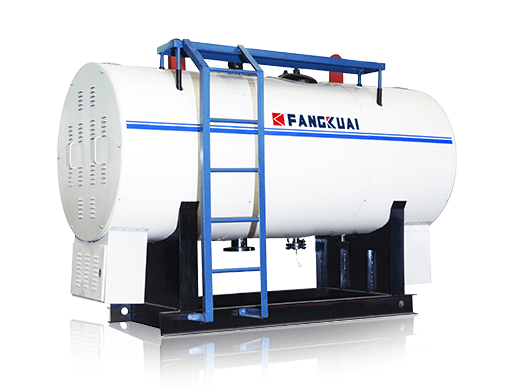 Electric Hot Water Boiler
Electric Hot Water Boiler 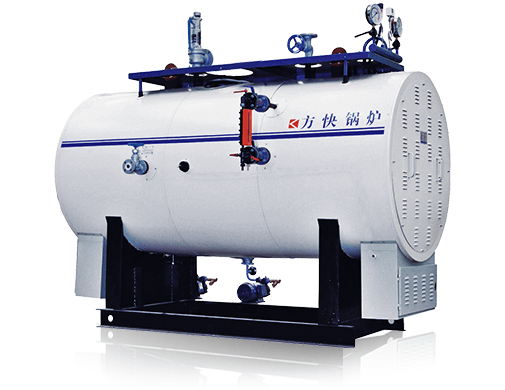 Electric Steam Boiler
Electric Steam Boiler 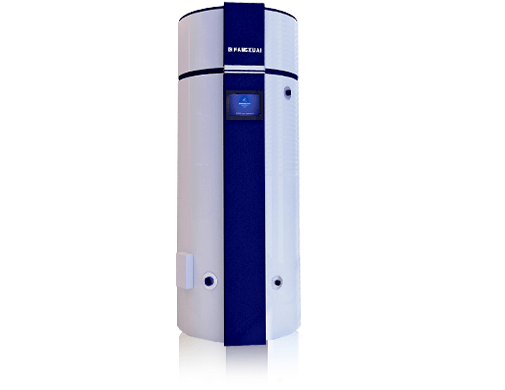 V6 Gas Fired Hot Water Boiler
V6 Gas Fired Hot Water Boiler 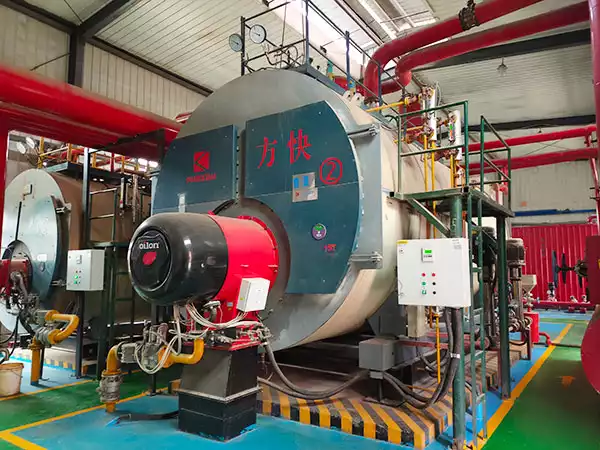 2023 Gas Boiler Prices Guide | Comparing Home Gas Boiler Costs
2023 Gas Boiler Prices Guide | Comparing Home Gas Boiler Costs 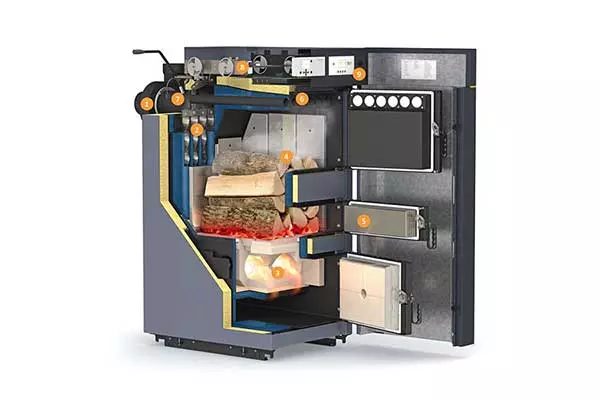 Best Wood Gasification Boilers For Sale | Buying Guide
Best Wood Gasification Boilers For Sale | Buying Guide 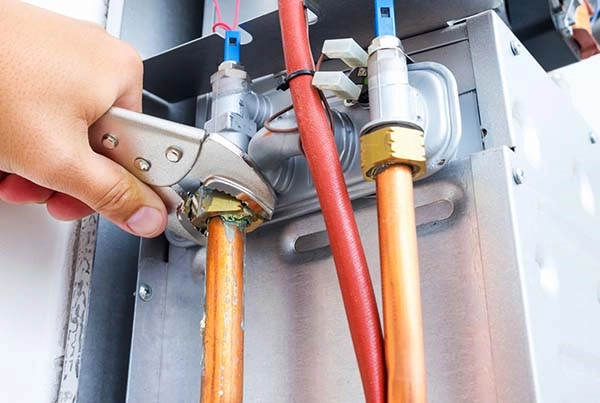 Electric Combi Boiler Prices | 2023 Buying Guide
Electric Combi Boiler Prices | 2023 Buying Guide 